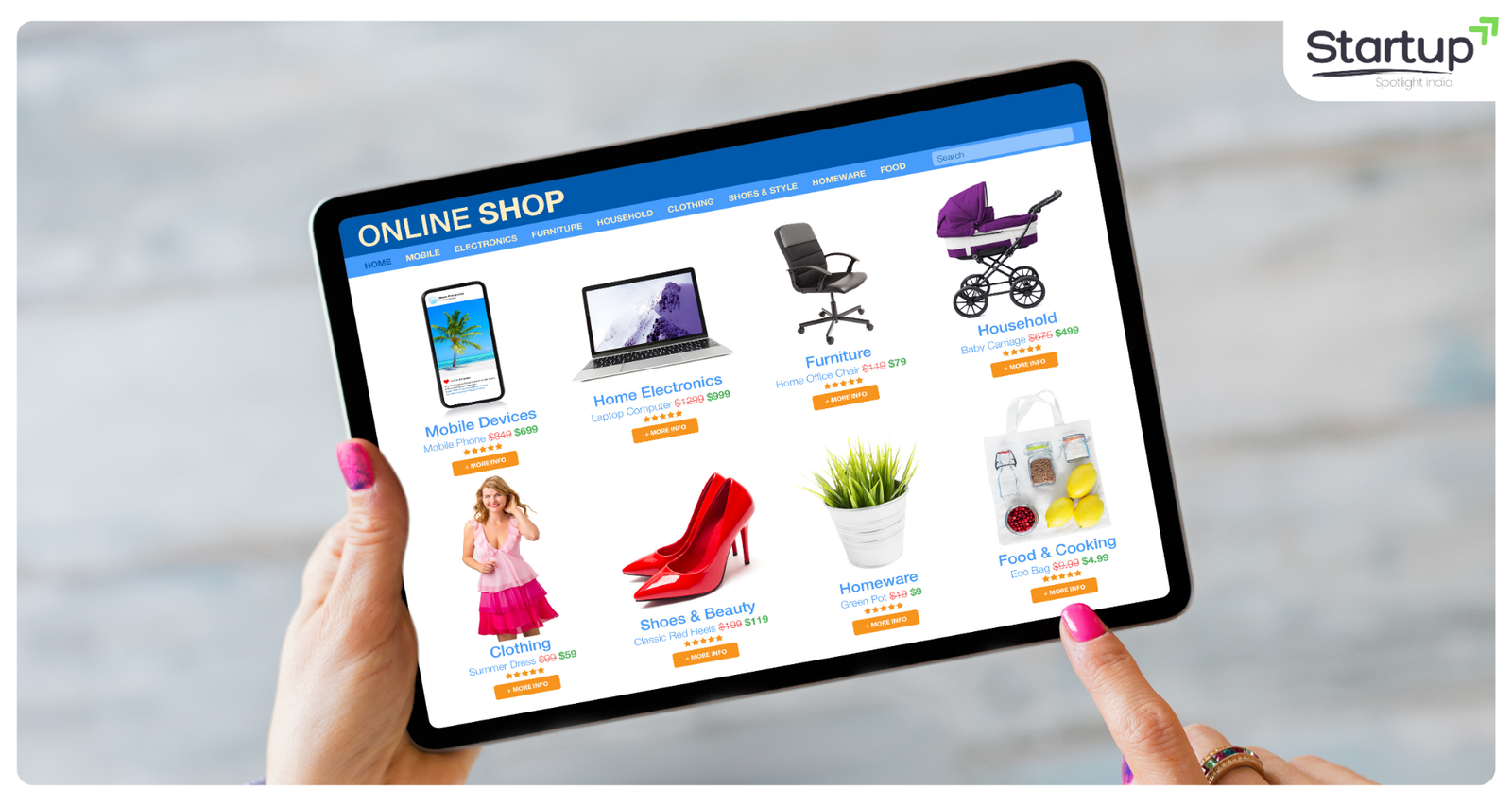Top E-commerce Trends That Businesses Must Follow In 2025

The eCommerce landscape is constantly evolving, and 2025 is set to bring even more innovation and change. Businesses need to stay updated on these trends to have a competitive edge over their competitors. Businesses or brands that will lag will run the risk of losing market shares.
1. AI-Powered Personalization
Tailoring the shopping experience of the customers according to their preferences will help businesses massively to boost their sales numbers. AI-powered personalization offers personalized product recommendations and AI-driven chatbots that solve pre-sale queries of the customers along with providing post-sale services to them. Businesses that use AI effectively in their model will see higher engagement and conversion rates in 2025.
2. Voice Commerce on the Rise
Voice commerce is on the rise in 2025 due to the rise of smart speakers and voice assistants like Alexa and Google Assistant. E-commerce businesses must optimize their product description in such a way that it’s compatible with voice search. They must also ensure that their platform supports voice-based transactions.
3. Social Commerce Dominance
The prospect of live shopping has been on the rise in recent years. Businesses must develop strong and effective social commerce strategies to reach new customers. They must invest heavily in running shopping campaigns on platforms like Instagram, and Facebook as they are evolving into full-fledged shopping destinations.
4. Augmented Reality (AR) Enhancements
It’s normal customer behavior that they want to try any product before actually making the purchase but this facility was limited in online shopping for a while. However, with the help of AR technology, this experience has become possible with online shopping as well. By introducing the feature into their e-commerce platforms, businesses can manage to succeed in reducing return rates and improving customer satisfaction.
5. Sustainable and Ethical Shopping
Consumers are increasingly prioritizing sustainability and ethical sourcing. Brands that adopt eco-friendly packaging, carbon-neutral shipping, and transparent supply chains will gain customer trust and loyalty. Businesses should highlight their sustainability efforts in their marketing strategies.
6. Subscription-Based Models
Subscription services are growing beyond streaming platforms. Many eCommerce brands are adopting subscription models for everything from beauty products to groceries. This approach increases customer retention and provides businesses with a predictable revenue stream.
7. Faster and More Flexible Delivery Options
Speed and convenience remain top priorities for online shoppers. Same-day or next-day delivery options, along with innovative solutions like drone and autonomous vehicle deliveries, are becoming more widespread. Businesses should invest in logistics partnerships and automation to meet customer expectations.
8. Cryptocurrency and Digital Payments
The adoption of cryptocurrency as a payment method is increasing. Businesses that offer diverse payment options, including Bitcoin, Ethereum, and digital wallets, will attract tech-savvy consumers looking for secure and convenient transactions.
9. AI-Generated Content and Automation
From product descriptions to marketing emails, AI-driven content creation is streamlining operations for eCommerce businesses. However, authenticity remains key. Companies should use AI-generated content as a foundation while adding a human touch for a genuine brand voice.
10. Data Privacy and Security Enhancements
With growing concerns over data privacy, businesses must prioritize secure transactions and transparent data policies. Regulations like GDPR and CCPA are becoming stricter, and companies that comply with data protection laws will earn consumer trust.












![ABFRL’s Bold New Step into Gen Z Fashion
Aditya Birla Fashion and Retail Ltd. (ABFRL) has just dropped its latest style sensation — OWND! The brand kicks off its journey with the grand opening of its very first store in Bangalore, designed for the young, bold, and trend-obsessed.
Copyright Disclaimer:
The images, clips, or music used in this video.
All rights belong to their respective owners.
[DM for Credit/Removal]
#adityabirlagroup #fashion #genz #startupspotlightindia](https://startupspotlightindia.com/wp-content/plugins/instagram-feed/img/placeholder.png)
